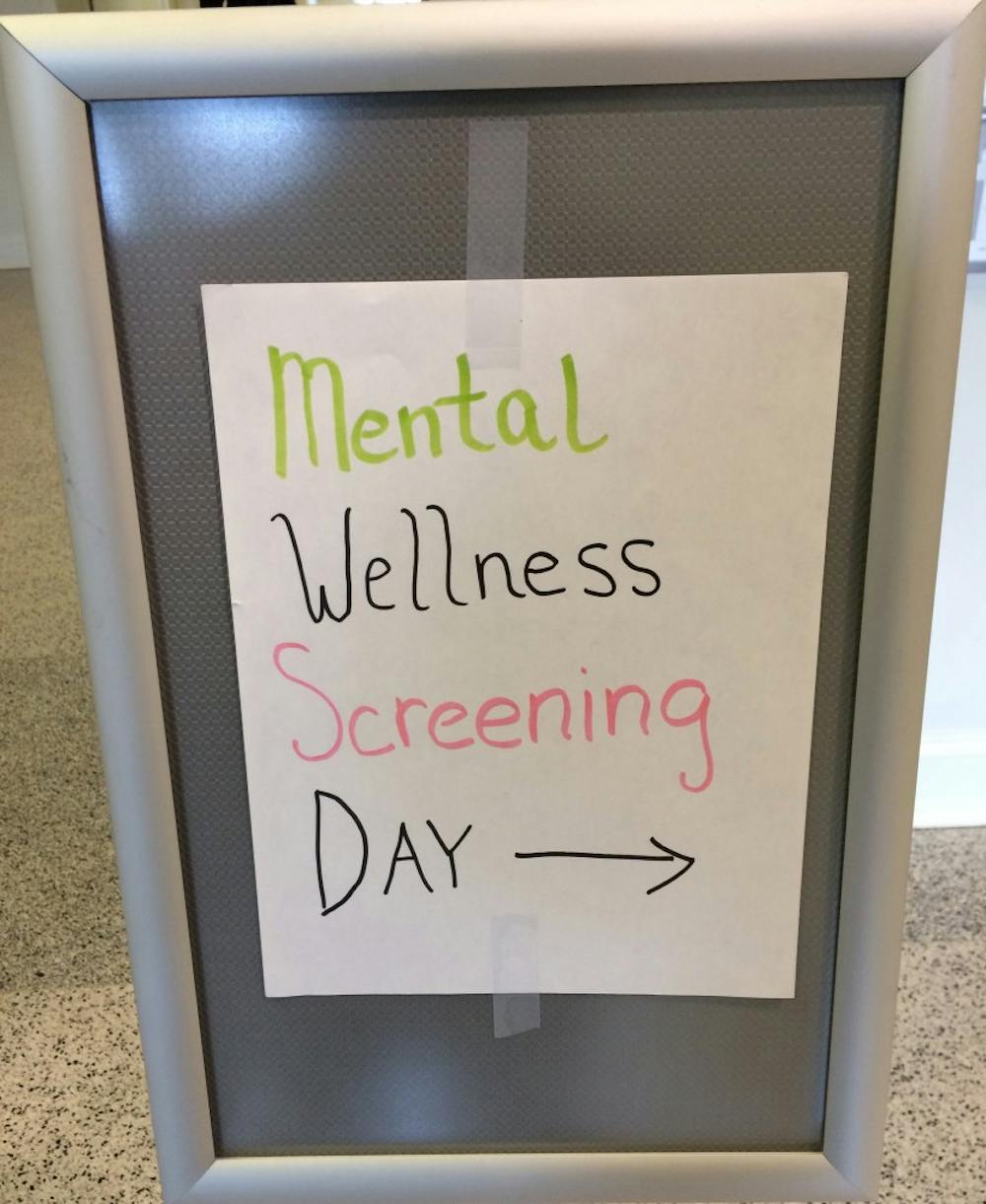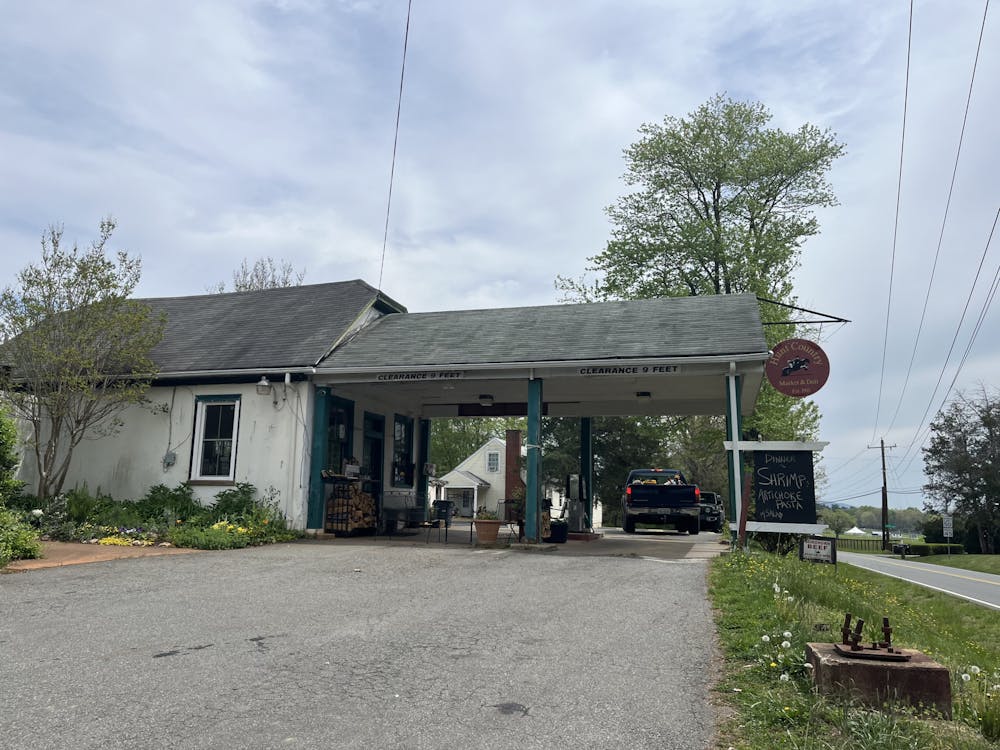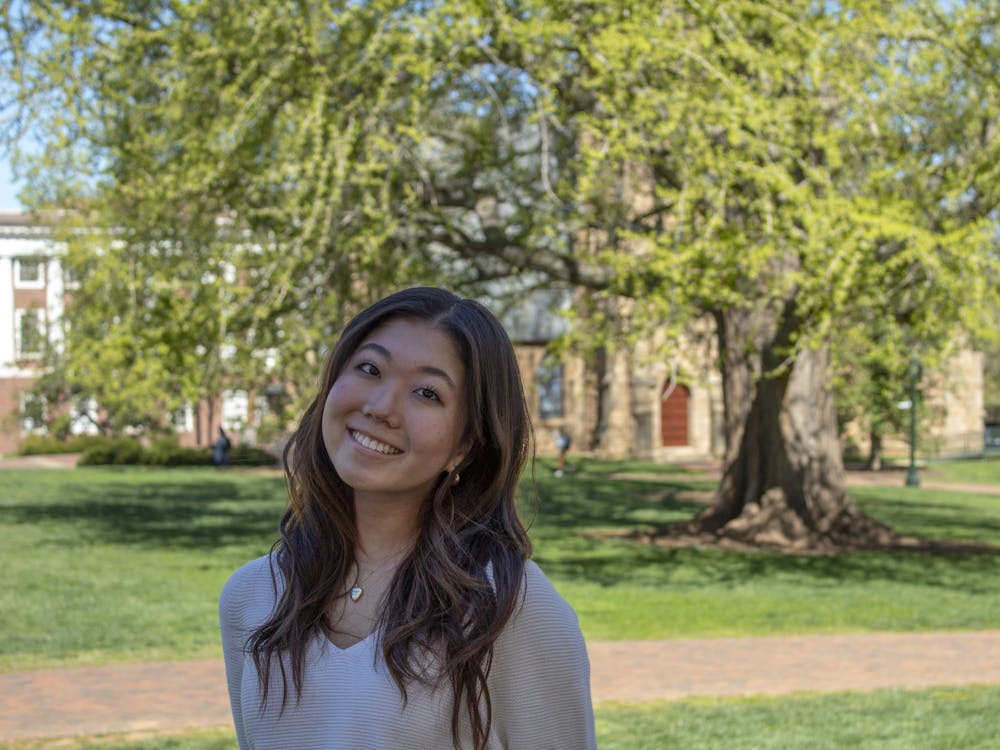For the past two decades, U.Va. has had a consistent suicide rate of 0.5 per year, or one suicide every two years. This number has drastically increased for the 2014-2015 school year, however, with three likely suicides having occurred during the fall 2014 semester.
Psychologist Matthew Zimmerman, associate and director of training at Counseling and Psychological Services at U.Va., said at a vulnerable time like this, it is imperative for members of the University community to create strong connections to prevent future suicides.
“[U.Va. has had] a huge uptick [in the number of reported suicides], and we know there can be a contagion effect,” Zimmerman said. “When there’s one suicide on a college campus, the risk of consequent suicides goes up markedly. We’re at a precarious place right now and we want to spread the word that we should all be looking out for each other.”
There are numerous indicators someone might be struggling with depression or suicidal thoughts. Aloneness, burdensomeness and withdrawal are three symptoms Zimmerman said are common in someone at risk of suicide, but fourth-year College student Anna Leonard, an intern for Patient Education sessions, said many symptoms can be even more subtle.
“One of the most common symptoms of anyone who is suicidal is feeling isolated,” Leonard said. “So someone who may stop showing up to class, or who may not respond to texts — someone who seems like they’re pulling inward a little bit — that might be a sign. Sometimes they will start acting differently, like eating irregularly, or pretty much [any] big changes in behavior.”
Whatever the indication might be, the most important way to deal with someone who is sending these signals is to be aware and give support, even if the situation is uncertain or uncomfortable.
“In our society, it’s most of the time uncomfortable asking really specifically, ‘Are you okay?’ or ‘Do you want to talk about what’s going on?’ because we feel like it’s none of our business, or we feel like if they wanted to talk they would tell us,” Leonard said. “It’s been shown that asking drastically reduces the risk [of suicide], so that’s the most important thing. If you notice something, trust your instincts and definitely say something even if you’re afraid you’re going to say the wrong thing.”
For someone at risk of suicide, getting help from someone or talking to someone — whether the person is a close friend or not — is likely to decrease the chance of following through on the action. In a video posted on the CAPS website, CAPS Director Timothy Davis, Ph.D said although it may not be easy to approach an acquaintance about such a heavy topic, it is important to reach out to people beyond just close friends.
“Check in with at least one person you don’t know very well,” Davis said in the video. “Reaching out to people that are not in your very close circles can be uncomfortable and awkward. Do it anyway. We need to be giving one another all the support we can, especially right now.”
At times, someone who is struggling with suicidal thoughts may need to speak to a professional along with a supportive friend, family member or peer. CAPS provides this service to University students. Students who are at risk are welcome to make appointments during open office hours, or call the 24/7 phone line in case of an emergency.
“We’ve had a suicide prevention program for almost two decades now, but more recently, we have been making a wholehearted effort to support faculty, staff and students with suicide awareness,” Zimmerman said. “We have a talk that is being widely dispersed and we’re presenting to a lot of groups across the board — Faculty Senate, student leaders, anyone who will have us.”
According to Zimmerman, if an individual is uncomfortable with speaking to a medical professional, he or she can still speak to a non-professional to reach out for help.
“It doesn’t have to be a mental health professional — it can be a member of the clergy or a family member or a friend, a professor — it doesn’t matter,” Zimmerman said. “What matters is that they go to someone.”
To strengthen the University community during a stressful time such as this, combining the support of CAPS and family members, friends and peers will likely help.
“At times in the upcoming weeks, you may be the one in need of support,” Davis said in the CAPS video. “Please reach out to friends, family or others in your life and remember that CAPS is here to support you too.”





